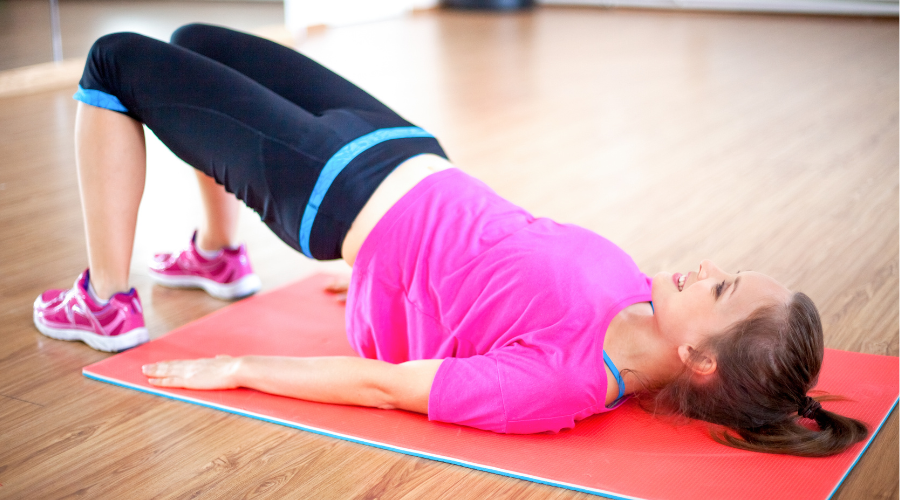Improving continence and menopause symptoms through pelvic health physiotherapy

Continence issues during the menopause and peri-menopause are common, but that does not mean that they are not normal, or that you should put up with symptoms.
Pelvic health physiotherapy has been shown to resolve 50% of continence issues and significantly improve an additional 25%. This article written by Leanne O’Brien, specialist Women’s Health Physiotherapist at Ten Health & Fitness explains more.
Causes of continence issues
Many women experience either a new onset of incontinence, or a worsening of incontinence issues during the menopause and perimenopause due to rapid weakening of the pelvic floor muscles. These are the muscles that help to maintain bladder and bowel continence, and they are highly reliant on oestrogen for strength and control. When you cough, sneeze, laugh or run, your pelvic floor contracts to prevent leaking from the bladder and bowel. If the pelvic floor is weak, and less responsive due to the lack of oestrogen, you will leak.
If you are experiencing symptoms or are concerned about the strength of your pelvic floor, the good news is that these issues are usually treatable. Your first step should be to see a specialist women’s health physiotherapist for an assessment.
Studies have shown that…
pelvic floor strengthening under the guidance of a therapist is 70% more effective than completing pelvic floor exercises alone.
Women’s health physios can fully assess the strength, endurance, and responsiveness of your pelvic floor and develop a tailored pelvic floor strengthening programme, specific to your individual needs.
What can reduce symptoms?
While specific pelvic floor strengthening is important for addressing continence issues, it’s significantly more effective when combined with a broader exercise programme. Strength training and cardiovascular exercise has been shown to have a profound effect on menopause symptoms by helping to regulate hormones, prevent muscle atrophy and maintain bone density.
Pilates – in particular, Dynamic Reformer Pilates – is particularly effective as it focuses on low-impact resistance and dynamic control, allowing you to strengthen safely and effectively without the risk of injury. Reformer Pilates focuses on strengthening the core, gluteal muscles and hamstrings, which work in conjunction with the pelvic floor. Strengthening these muscles reduces excess strain on the pelvic floor, allowing it to function optimally.